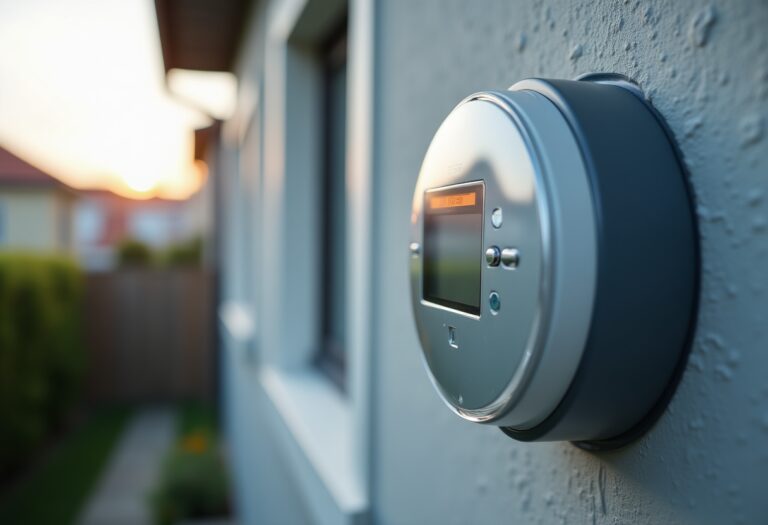Explore the advantages and disadvantages of smart meters and how they impact your energy bills.

Topics covered
Understanding smart meters: Benefits, drawbacks, and your options
Smart meters are becoming a common feature in homes across the UK, as energy companies roll out these devices in a bid to modernize energy consumption. These advanced meters replace traditional ones, providing real-time data on energy usage and costs.
But are they really beneficial for consumers, or do they come with hidden drawbacks?
What are smart meters and how do they work?
Smart meters are digital devices that measure electricity and gas consumption in real-time. They automatically send usage data to your energy supplier through a secure network, eliminating the need for manual meter readings.
This technology allows households to monitor their energy consumption closely, potentially leading to more informed decisions about usage and savings.
One of the primary advantages of smart meters is the ability to access time-of-use tariffs, which can lower energy costs during off-peak hours. For instance, running appliances like washing machines or charging electric vehicles during these times can result in significant savings. However, the effectiveness of these tariffs largely depends on individual energy consumption patterns.
Benefits of smart meters
Smart meters offer several benefits, including:
- Real-time monitoring: Users can track their energy consumption in real-time, helping them identify patterns and reduce waste.
- Accurate billing: With smart meters, estimated bills become a thing of the past, as charges are based on actual usage.
- Access to flexible tariffs: Households can take advantage of cheaper rates during off-peak times, potentially lowering their overall energy costs.
- Environmental impact: Encouraging energy use during non-peak times can help reduce reliance on fossil fuels and ease pressure on the grid.
Drawbacks and concerns
Despite their advantages, smart meters are not without their issues. Some of the main drawbacks include:
- Privacy concerns: The transmission of household data raises questions about privacy and data security. While energy companies assert that personal information is protected, there are still concerns about potential data breaches.
- Installation challenges: The rollout of smart meters has faced delays and technical issues, with many households experiencing problems with their devices. Reports indicate that some early models have become incompatible with newer communication networks.
- Potential for increased costs: For some users, switching to a smart meter may lead to higher bills if their previous estimated usage was lower than actual consumption.
Your options regarding smart meters
While smart meters are being promoted as a modern solution for energy management, it’s important to note that they are not mandatory. Consumers have the right to refuse installation, and if a traditional meter needs replacement, they can request a smart meter to be set to ‘dumb mode’, which functions like a standard meter.
For those who already have a smart meter, it’s crucial to stay informed about your energy usage and the options available to you. If you experience issues with your smart meter, such as inaccurate readings, contact your energy provider for assistance. They may offer a replacement or help troubleshoot the problem.
In conclusion, smart meters can provide valuable insights into energy consumption and potential savings, but they also come with challenges that consumers should carefully consider. Understanding both the benefits and drawbacks will help you make an informed decision about whether a smart meter is right for your household.






